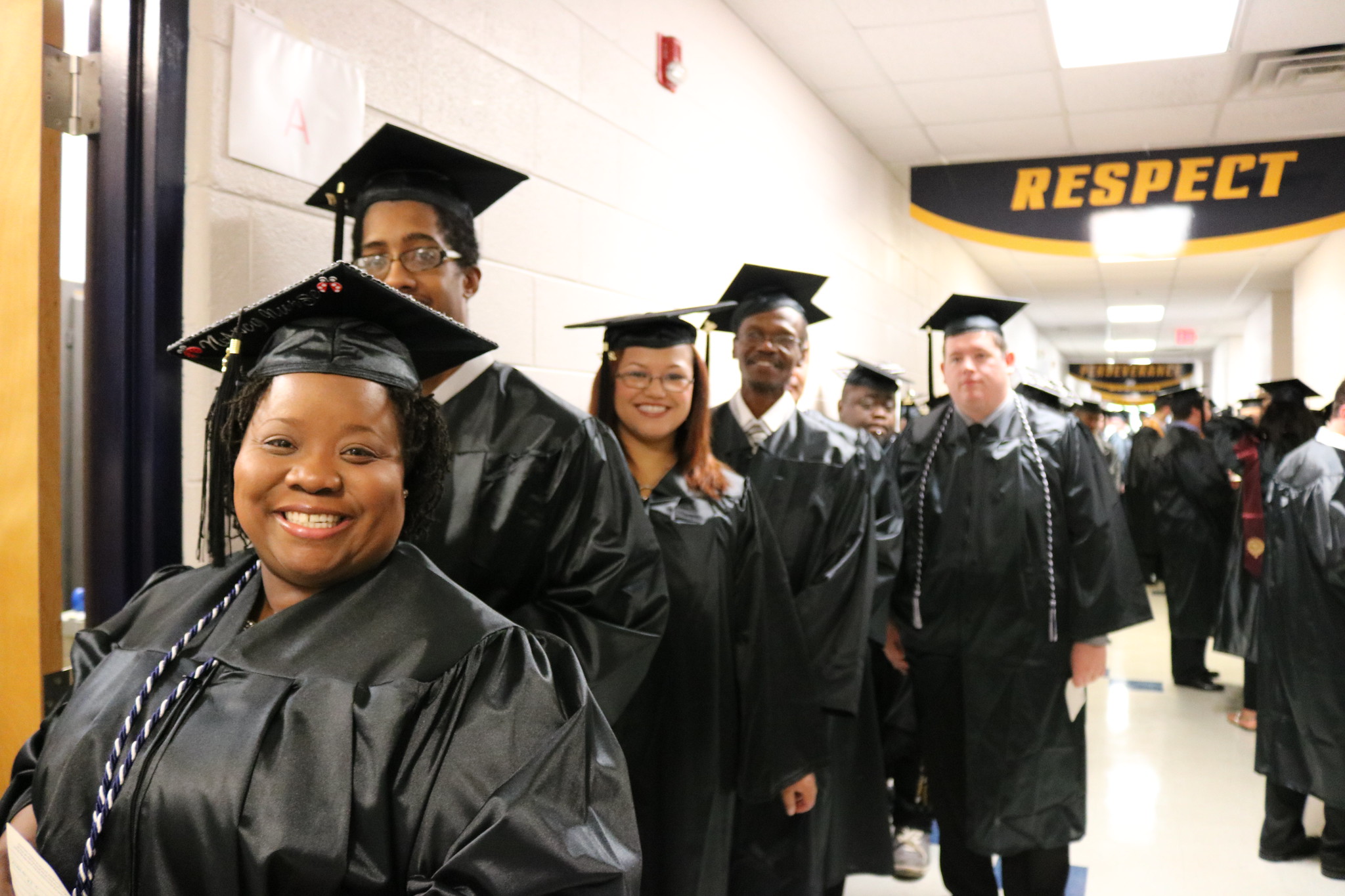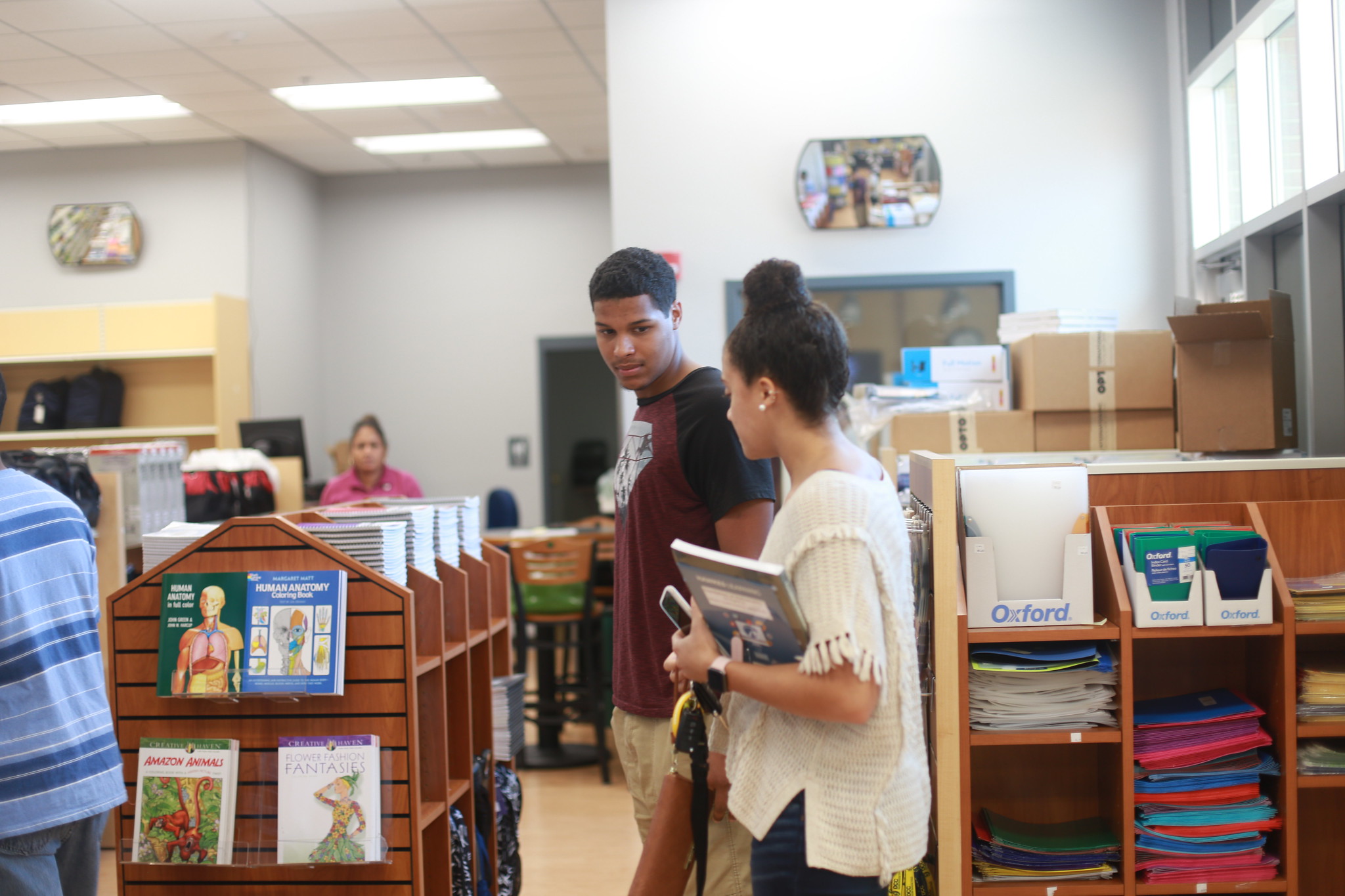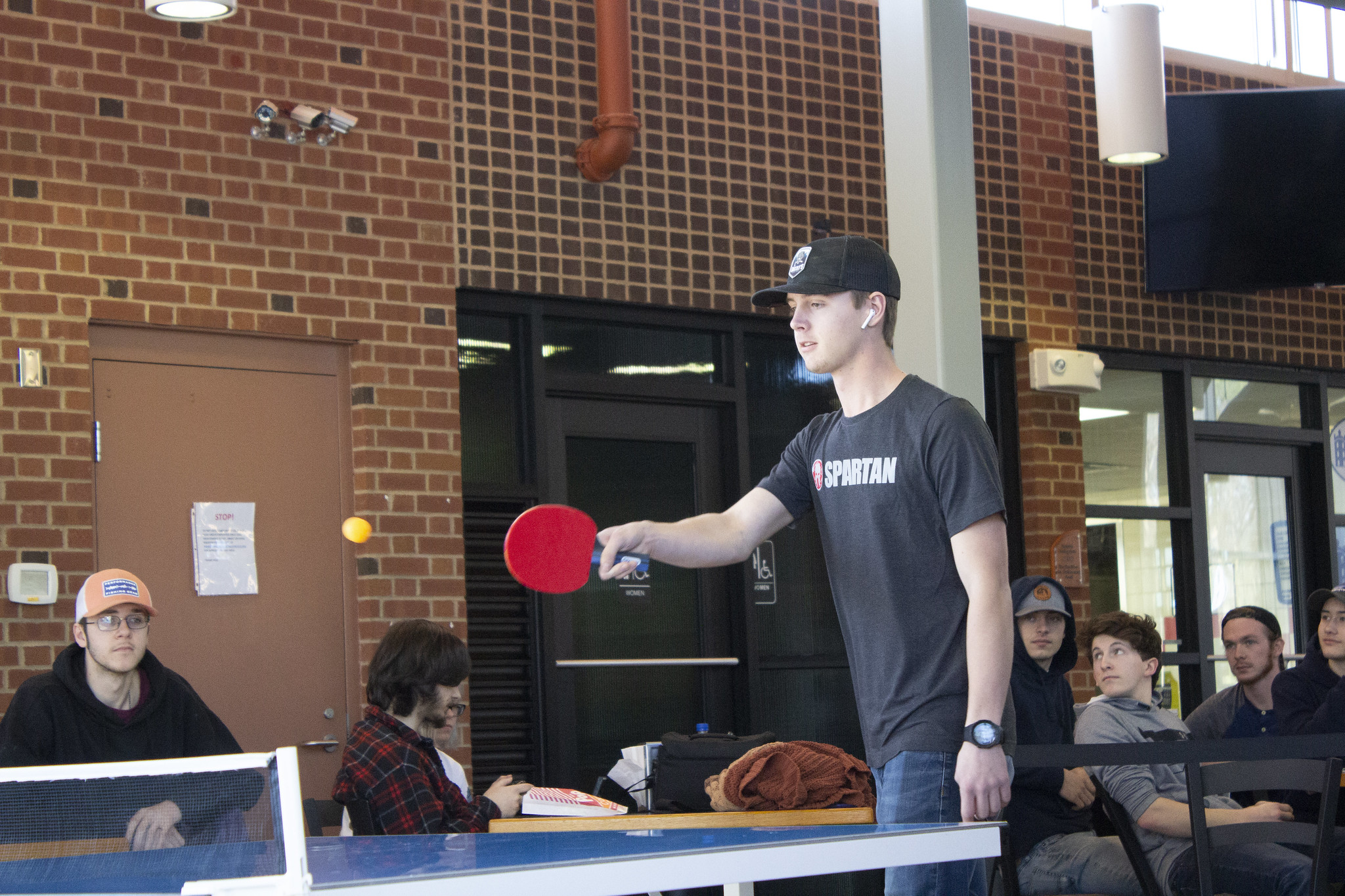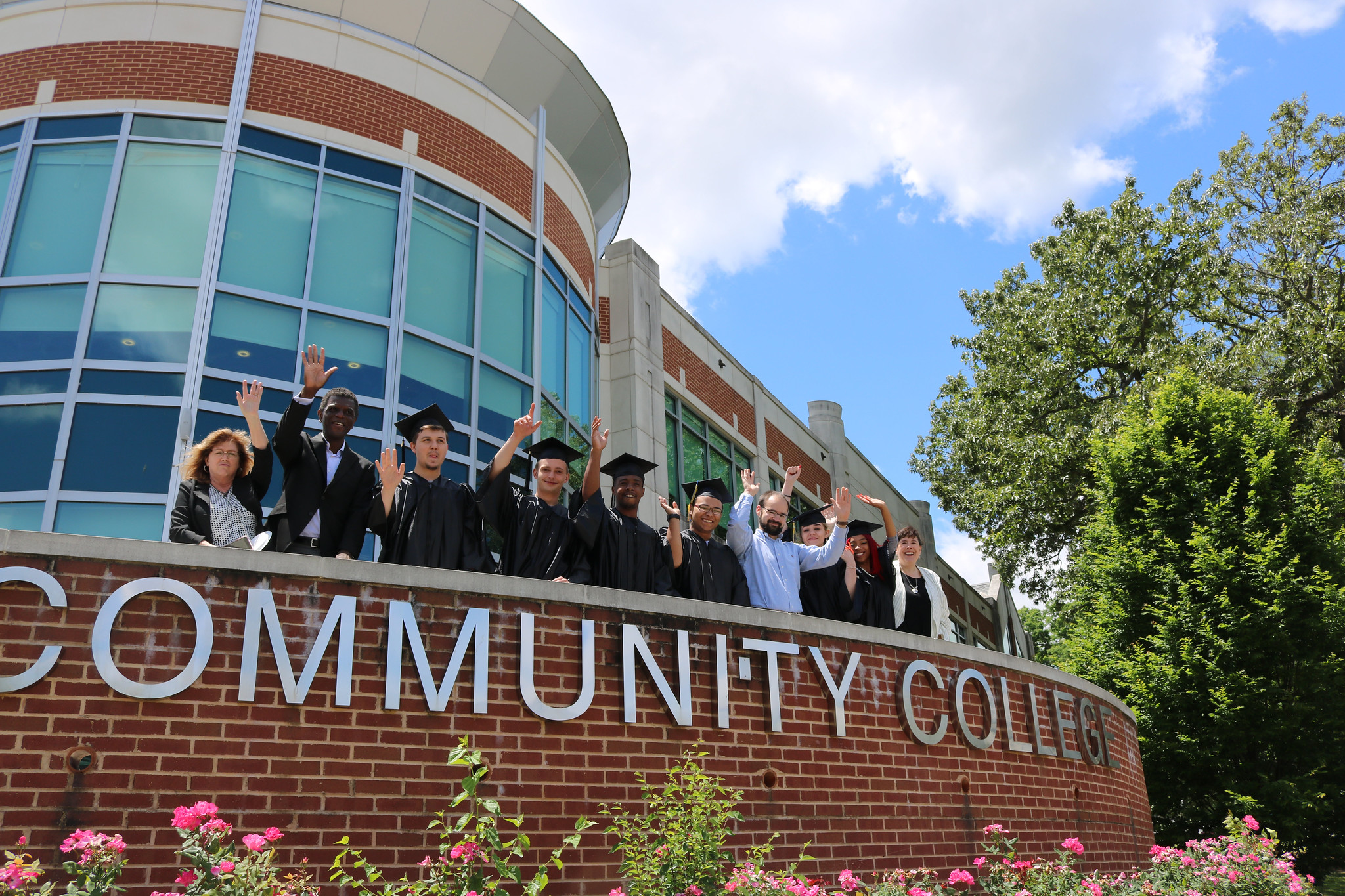General Education Competencies distinguish graduates of Virginia's Community Colleges as individuals with a breadth of knowledge, skills, and abilities needed to pursue further education and their careers.
General Education Assessment
General Education Competencies
DCC’s commitment to continuous quality improvement and student learning is expressed in the college goal “Danville Community College is committed to providing quality comprehensive higher education and workforce programs.” To aid in achieving the college mission, Danville Community College has established a six-year general education assessment reporting plan that is in accordance with a policy established by the State Council of Higher Education for Virginia (SCHEV) and complies with the Virginia Community College System (VCCS) Policy Manual, including Section 5 (Educational Programs). DCC's general education competencies are:
Civic Engagement is the ability to contribute to the civic life and well-being of local, national, and global communities as both a social responsibility and a life-long learning process. Degree graduates will demonstrate the knowledge and civic values necessary to become informed and contributing participants in a democratic society.
Critical Thinking is the ability to use information, ideas and arguments from relevant perspectives to make sense of complex issues and solve problems. Degree graduates will locate, evaluate, interpret, and combine information to reach well-reasoned conclusions or solutions.
Professional Readiness is the ability to work well with others and display situationally and culturally appropriate demeanor and behavior. Degree graduates will demonstrate skills important for successful transition into the workplace and pursuit of further education.
Quantitative Literacy is the ability to perform accurate calculations, interpret quantitative information, apply and analyze relevant numerical data, and use results to support conclusions. Degree graduates will calculate, interpret, and use numerical and quantitative information in a variety of settings.
Scientific Literacy is the ability to apply the scientific method and related concepts and principles to make informed decisions and engage with issues related to the natural, physical, and social world. Degree graduates will recognize and know how to use the scientific method, and to evaluate empirical information.
Written Communication is the ability to develop, convey, and exchange ideas in writing, as appropriate to a given context and audience. Degree graduates will express themselves effectively in a variety of written forms.
Approved October 30, 2018, by the DCC Curriculum Committee.
Important Links
General Education Assessment Results
Assessed 2019-2020
These competencies were assessed during the 2019-2020 academic year. Reporting for assessment during the 2022-2023 academic year is scheduled to be released Fall 2023.
Assessed 2020-2021
These competencies were assessed during the 2020-2021 academic year. Reporting for assessment during the 2023-2024 academic year is scheduled to be released Fall 2024.
Assessed 2021-2022
These competencies were assessed during the 2021-2022 academic year. Reporting for assessment during the 2024-2025 academic year is scheduled to be released Fall 2025.







